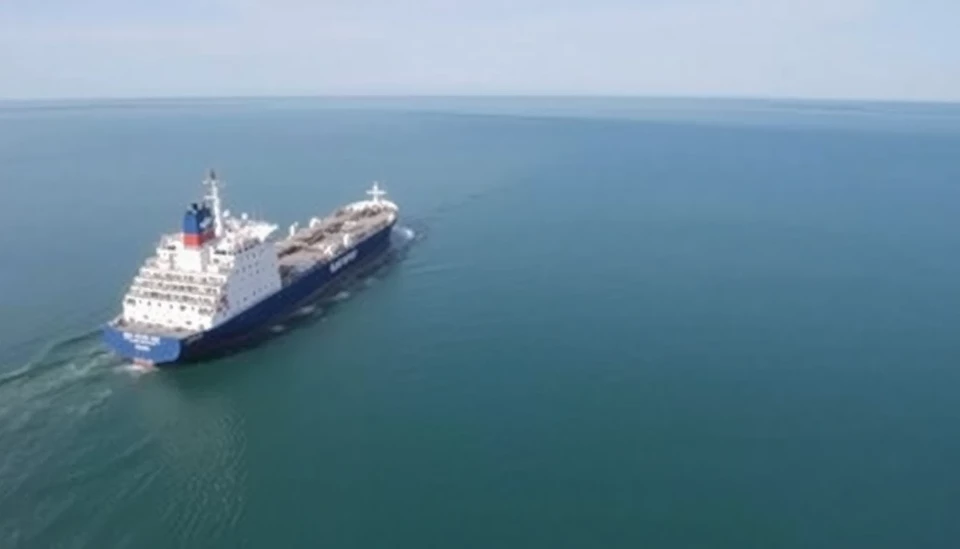
In a significant legal development, Finland's Supreme Court has upheld the detention of a tanker that became embroiled in an incident involving the severing of submarine cables in the Gulf of Finland. This ruling comes after extensive investigations and legal proceedings surrounding the controversial event that raised alarms over maritime safety and regional security.
The decision to uphold the detention is rooted in multiple factors, including the nature of the alleged disturbances caused by the tanker’s actions, which were assessed as potentially hazardous to vital submarine infrastructure. Concerns were particularly elevated given the cables in question are fundamental to telecommunications and energy transmission for both Finland and neighboring countries.
The incident initially unveiled dramatic scenes as local authorities scrambled to address the immediate ramifications of the broken cables. Witnesses described the situation as chaotic, with maritime patrols deployed to secure the area and ascertain the damage caused. Authorities emphasized the importance of these cables, citing their crucial role in connecting services between countries and facilitating critical communication networks.
The vessel in question was reported to have been involved in activities that contravened established navigation protocols. This led to suspicions of negligence and a rigorous investigation aimed at holding accountable those responsible for any infringement on maritime laws. The legal procedures surrounding the case prompted a significant public interest, with numerous stakeholders keeping a close watch on the developments.
In defending their decision, the Finnish courts remarked on the gravity of the situation, indicating that the potential risks related to the tanker’s conduct necessitated stringent measures to ensure safety and security in maritime operations. The ruling reaffirms the Finnish judicial system's firm stance on upholding maritime laws and protecting critical infrastructure in the face of potential threats.
Following the ruling, the authorities remain vigilant, deploying additional resources to monitor activities in the Gulf of Finland, as concerns linger over the implications of similar incidents in the future. The case has sparked a broader discussion on the need for enhanced regulations in the maritime sector, prompting calls from various experts for more rigorous oversight to prevent such events from occurring again.
This case not only highlights the complexities of maritime law but also emphasizes the ongoing challenges faced by nations in safeguarding their territorial waters and vital communications infrastructure from potential hazards.
As this legal saga continues, stakeholders involved in shipping and maritime operations are urged to take heed of the judicial outcomes and the possible ramifications it may have on the industry standards going forward.
In conclusion, the upheld detention of the tanker underscores Finland’s commitment to ensuring maritime safety and maintaining the integrity of essential infrastructure within its waters.
#Finland #MaritimeLaw #TankerIncident #SubmarineCables #LegalRuling #MaritimeSafety
Author: John Harris




